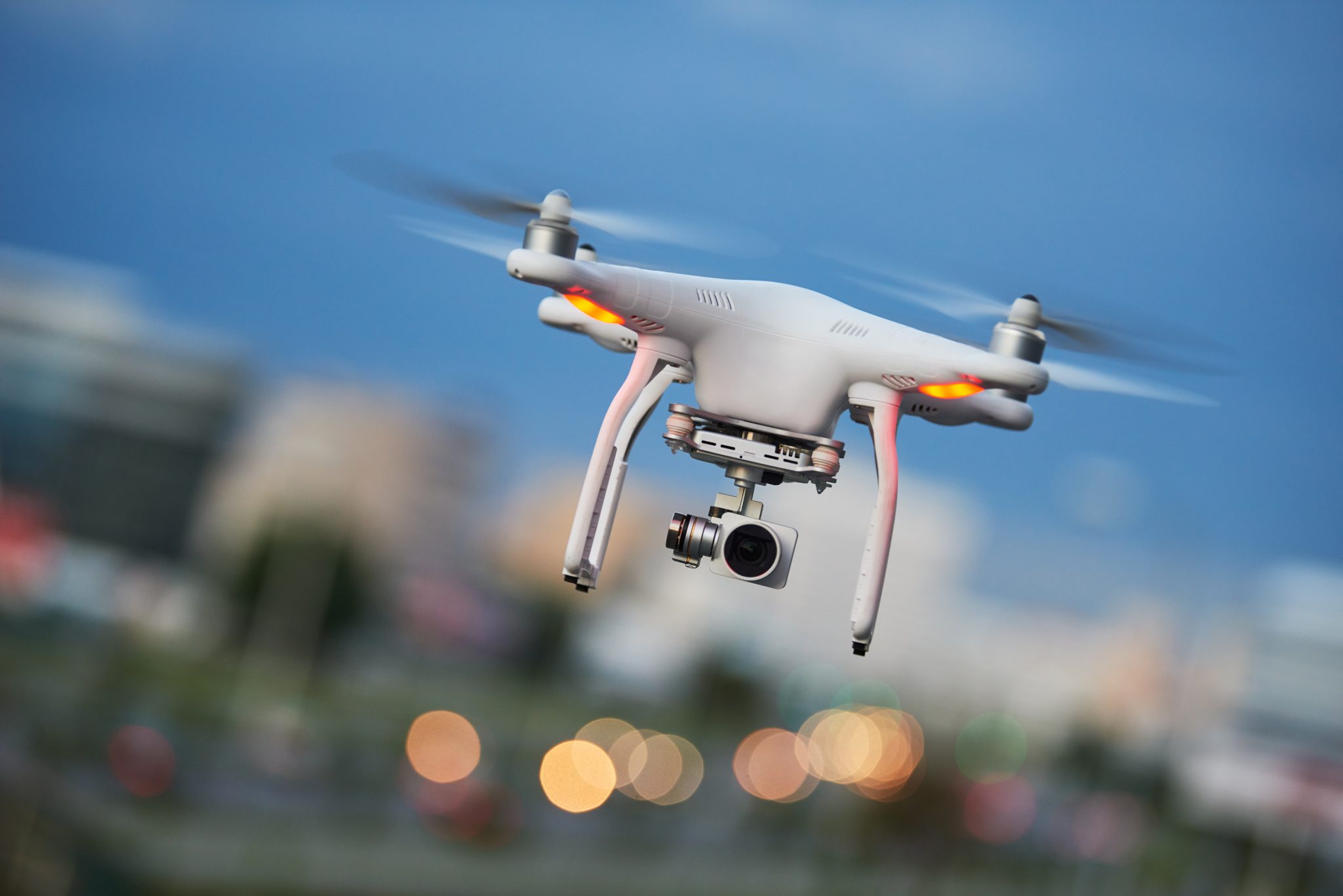
Vodafone UK is calling for commercial and public sector drones to be fitted with SIM cards to give them cellular network connectivity.
This would help reduce illegal and irresponsible drone use, the company argues, the like of which closed Gatwick Airport in December 2018 and which has caused many potentially catastrophic “near miss” incidents with passenger aircraft.
The report, called Cellular-connected Drones and written by WPI Economics for Vodafone, reveals that 80% of people surveyed would support more widespread adoption of drones if there were a mechanism to provide increased safety, security and monitoring.

Credits: Vodafone
Ensuring drones were fitted with SIM cards would enable them to be flown beyond “visual line of sight” of their operators, the report argues, and for their true potential to be realised. Currently, drone pilots must keep their drones within sight at all times.
Cellular connection would also facilitate a necessary Unmanned Traffic Management system to monitor drone identity, location and flight plan authorisation, as well as enable dynamic no-fly zones, Vodafone argues.
Its Radio Positioning System, developed in 2018, would police such zones and prevent drones from entering them.
https://www.youtube-nocookie.com/watch?v=oq9JO9slZx4



![Dawlish Sunrise [Adobe Stock] resized stock photo of Dawlish in Devon](https://www.vodafone.co.uk/newscentre/app/uploads/2024/04/Dawlish-Sunrise-Adobe-Stock-resized.jpg)
